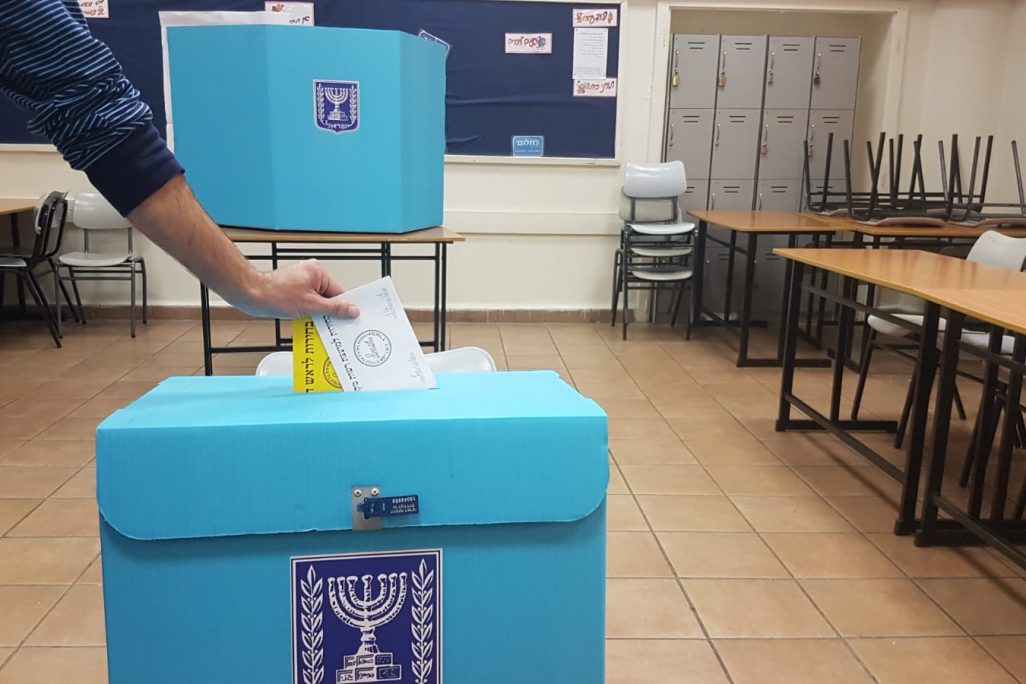
Municipal elections will be held in most municipalities in Israel this Tuesday, February 27. Election day is considered a holiday in the municipalities where elections will be held, as well as for all workers registered to vote in one of these municipalities, even if their place of work is in a place where elections are not being held. Public transit and other public services will operate as usual on election day.
Who is entitled to wages on election day?
Any worker who has been employed for 14 consecutive days before election day is entitled to be paid their regular wages for election day, even if they do not actually work on that day, without deducting a vacation day. Although it is strongly recommended to exercise the democratic right to vote, there is no obligation to do so, and the payment of wages for this day is not contingent on actually voting.
Is an employer allowed to obligate an employee to work on election day?
As a general rule, an employer is not allowed to obligate employees to work on election day, with the exception of workers in the transportation services and other public services who are not entitled to Saturdays off, but they must be allowed to vote during the working day. However, there is no prohibition on working on election day, and if an employee agrees to work – they may do so.
How much must a worker who works on election day be paid?
The law does not address the issue directly, but rulings by the labor courts state that an employee who works on election day is entitled to double payment (200%) – the full amount that a worker is entitled to on election day even if they do not work, plus the wages for the amount of hours actually worked. Another option is the normal payment of wages (100%) and an alternative paid vacation day.
Workers employed by the candidates or the election committees are also entitled to be paid at least 200% of the minimum wage, plus 4% as compensation for the vacation day.
It is important to note that for those who work for political parties, candidates, or election committees in a way that is not related the field of their business, trade, or work, between September 16, 2023 and 14 days after the elections (March 12, 2024) – a special tax is applied of 18%, or up to 19,000 shekels. This tax does not apply to youth and minors working in the elections.
On election day, many young people work for various candidates and parties. How can they protect their rights?
Over the years, there have been many cases of youth being exploited for their work on election day, partly because many parties rely on paying them from party funding that they receive if they are elected – but they are not always elected or may not receive the number of mandates they hoped for.
Therefore, youth working on election day are advised to request a document on official party letterhead which confirms that they have been hired, with their full name and ID number. It is important that this document also contains the name of their supervisor, the job description and salary, and all the party's contact details. The employer must also sign a work slip (Form 101).
Teens working on behalf of election campaigns are also advised to keep a record of the days, working hours, and places where they worked, and not to rely only on the employer's records. Under no circumstances should workers sign a form indicating that they have received payment before actually receiving it.
Employees should receive payment by March 10 at the latest, along with a pay slip detailing the hours and days they worked, and the amount of payment received. It must be compared to and match the employee’s record that they made.
If a youth worker did not receive their full wages and rights, they can get help from Histadrut HaNoar HaOved v’HaLomed (the Federation of Working and Studying Youth), which assists youth in receiving their full rights at work via the phone number *1121 or via their website.
This article was translated from Hebrew by Tzivia Gross.






